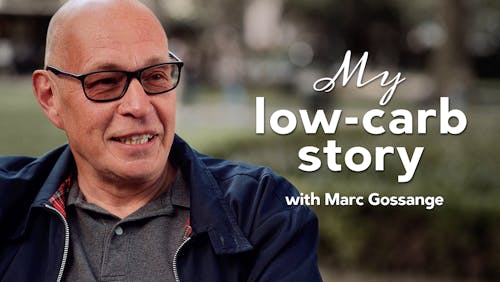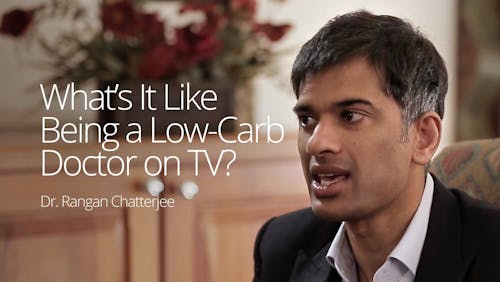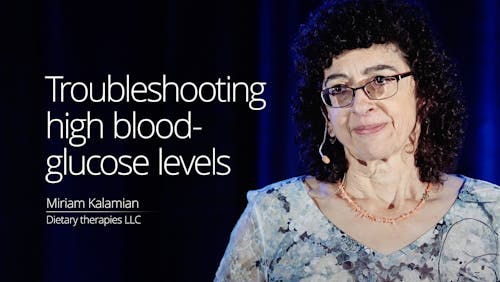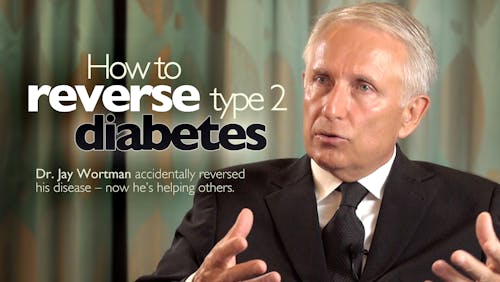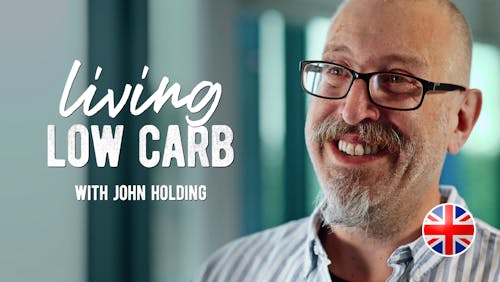Column: No improvement in diabetes care since 2005. Oh yeah?

Here we go again: a discouraging column in a major US newspaper is lamenting the lack of progress in the prevention, management, and outcomes in diabetes care over the last 15 years.
The column, by Jane Brody in The New York Times, cited a recent study that found three out of four people with either type 1 or type 2 diabetes are unable to adequately manage the disease’s major risk factors for serious complications. The risk factors include high blood glucose, high blood pressure, high cholesterol and smoking.
Furthermore, despite significant advances in the delivery of diabetes care and availability of more effective medications, the study revealed that since 2005 for the nation as a whole, there has been little or no improvement in managing diabetes and preventing or delaying the damage it can cause.
The article notes that the disease is a “chronic, progressive disorder” and that the cost of medications can average $1,000 a month. Care is particularly out of reach for those who are minorities, young adults, unemployed or poor, and those lacking good health insurance.
New York Times: The costly, life-disrupting consequences of poor diabetes control
Well, we have some exciting, countering news for Brody and The New York Times! Major advances in diabetes prevention and management HAVE occurred over the last decade.
It is called the low-carb, keto diet. And it is affordable, accessible, reduces the cost of medications and treatment, and for most patients, leads to significant glycemic improvement and likely reduces the risk of complications. Many can even achieve complete reversal of the disease.1 Even the American Diabetes Association early this year recommended a low-carb diet as an option to patients with diabetes.
And all of you reading this have come to the right place. Diet Doctor is the world’s leading site to get evidence-based, scientific information, support and recipes about doing the low-carb keto diet for diabetes.
We have extensive guides on how to reverse diabetes and the best foods to control diabetes. We have guides on how to lower your blood pressure naturally and what you need to know about starting a low-carb of keto diet if you have high blood pressure.
We also have hundreds of inspiring testimonials from people with both type 1 and type 2 diabetes who have achieved exceptional blood glucose control, lowered blood pressure and greatly improved their health. Some have even come of insulin after more than 20 years on the medication.
So don’t heed the doom and gloom of another out-of-date news story! Especially a story that refuses to explore the burgeoning evidence of low-carb, ketogenic eating as a major advance in managing diabetes and preventing or delaying the damage it can cause. Instead, explore Diet Doctor and get enthused and motivated!
Earlier
American Diabetes Association endorses low-carb diet as option
New study falsely claims low carb worsens diabetes
New study: low-carb education in a group setting for the win
Guides
Type 2 diabetes
Some disagree with the use of the word “reverse” when it comes to type 2 diabetes. The concern is that it may imply the disease is completely gone, never to return. At Diet Doctor, we use the term “reverse” to indicate that the diagnosis of diabetes is no longer present at that moment. However, we acknowledge that the diagnosis of diabetes will likely return if a patient goes back to their prior high-carb eating habits. Therefore, “reverse” does not imply a forever cure. ↩


